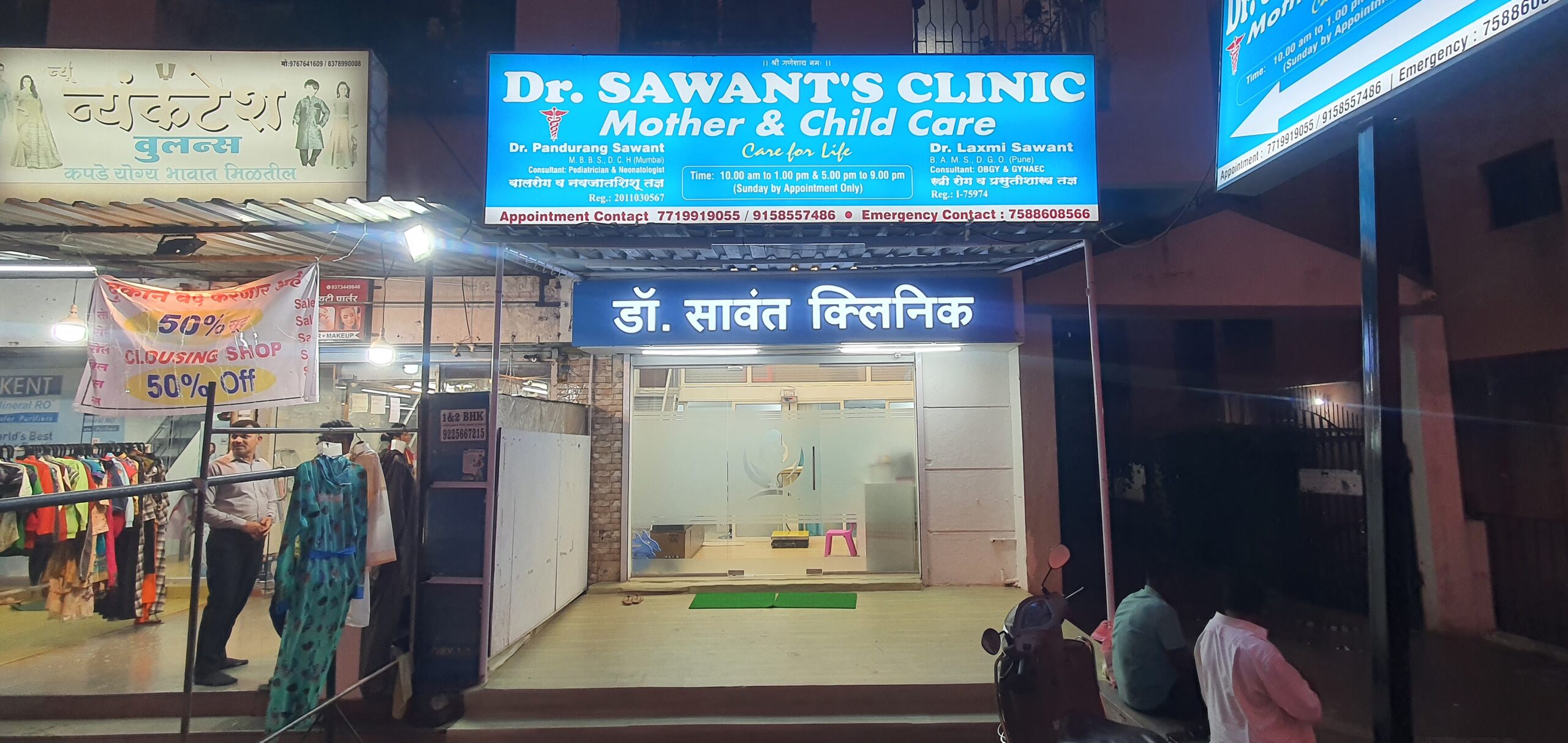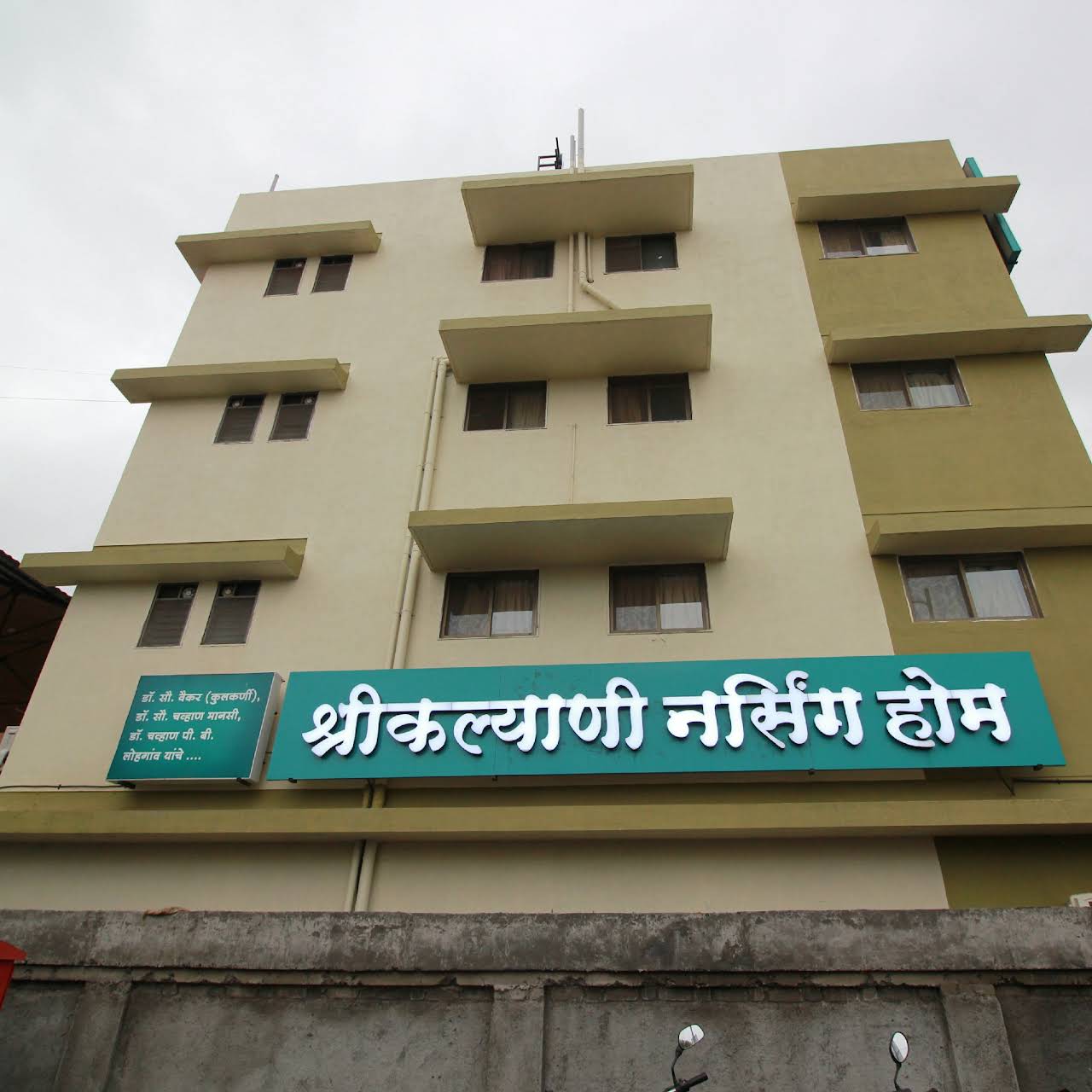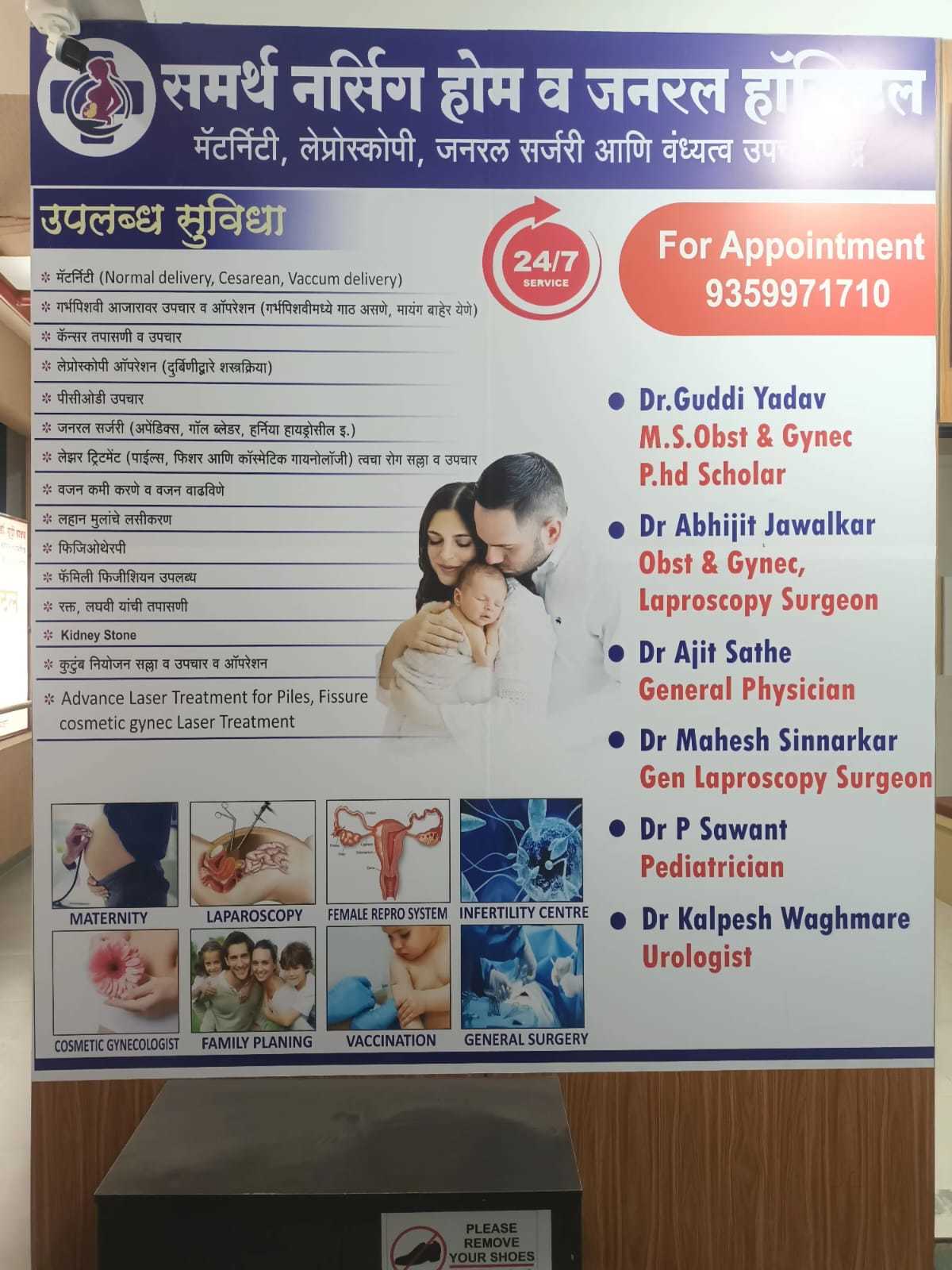At Dr.Sawant Clinic

Frequently Asked Questions Pediatric (FAQs)
When should I bring my baby for the first pediatric visit?
Your baby’s first visit should be within 48-72 hours after birth or as advised by your hospital. Regular check-ups are recommended at 2 weeks, 1 month, 2 months, 4 months, 6 months, and so on.
How often should my child see a pediatrician?
For healthy children, routine well-baby and well-child visits are recommended at regular intervals in the first few years, followed by an annual check-up. If your child is unwell, visits should be scheduled as needed.
What vaccinations does my child need?
Vaccinations are crucial for preventing diseases. Your child should follow the National Immunization Schedule (NIS) or as recommended by your pediatrician. Common vaccines include BCG, Hepatitis B, Polio, DPT, MMR, and Pneumococcal vaccines.
How can I boost my child’s immunity?
A strong immune system comes from:
- Exclusive breastfeeding for the first 6 months
- Nutritious food rich in vitamins & minerals
- Adequate sleep and regular physical activity
- Good hygiene practices
- Timely vaccinations
How can I soothe my baby during colic?
Colic is common in newborns and can be relieved by:
- Gentle rocking or swaddling
- Burping after feeds
- Using a pacifier
- A warm bath or tummy massage
If the crying persists, consult a pediatrician.
What are the signs that my baby is not feeding well?
Signs of poor feeding include:
- Not gaining weight properly
- Fewer wet diapers (less than 6 per day)
- Irritability or excessive sleepiness
- Latching difficulties or refusal to feed
Seek medical advice if you notice these signs.
When should I worry about my child’s fever?
You should consult a pediatrician if:
- Your baby is less than 3 months old and has a fever (above 100.4°F/38°C).
- Fever lasts more than 3 days.
- There are other symptoms like seizures, breathing difficulties, rash, or vomiting.
How can I tell if my baby is dehydrated?
Signs of dehydration include:
- Dry lips and mouth
- Few or no tears while crying
- Decreased urine output (less than 6 wet diapers/day)
- Lethargy or sunken soft spot on the head (in infants)
Seek medical attention if these symptoms appear.
What should I do if my child has an allergic reaction?
For mild allergies (rash, itching, sneezing): Give an antihistamine and monitor.
For severe reactions (difficulty breathing, swelling, vomiting): Seek emergency medical care immediately.
How much sleep does my child need?
Sleep requirements vary by age:
- Newborns (0-3 months): 14-17 hours/day
- Infants (4-12 months): 12-16 hours/day
- Toddlers (1-2 years): 11-14 hours/day
- Preschoolers (3-5 years): 10-13 hours/day
- School-age children (6-12 years): 9-12 hours/day
Frequently Asked Questions Obstetric (FAQs)
What is the best time to schedule my first prenatal visit?
It’s best to schedule your first prenatal visit as soon as you confirm your pregnancy, ideally between 6 to 8 weeks of gestation. Early visits help ensure a healthy pregnancy.
How often should I visit my gynecologist for a routine check-up?
Women should visit their gynecologist at least once a year for a routine check-up, which may include a pelvic exam, Pap smear, and breast examination.
What are the early signs of pregnancy?
Early pregnancy symptoms include missed periods, nausea, vomiting, fatigue, frequent urination, breast tenderness, and mood changes.
How can I manage menstrual irregularities?
Menstrual irregularities can be managed with lifestyle changes, stress reduction, a healthy diet, and medications if needed. If irregular periods persist, consult a gynecologist for further evaluation.
What are the common causes of infertility in women?
Common causes include ovulation disorders, polycystic ovary syndrome (PCOS), endometriosis, blocked fallopian tubes, and hormonal imbalances. A thorough evaluation can help identify the cause and treatment options.
Is it safe to exercise during pregnancy?
Yes, moderate exercise such as walking, swimming, and prenatal yoga is safe and beneficial during pregnancy. However, always consult your doctor before starting any exercise routine.
How can I prevent urinary tract infections (UTIs)?
To prevent UTIs, drink plenty of water, maintain good hygiene, urinate after intercourse, and avoid using harsh soaps in the genital area. If you experience symptoms like burning sensation or frequent urination, seek medical attention.
When should I start taking prenatal vitamins?
Prenatal vitamins, especially folic acid, should be taken at least one month before conception and continued throughout pregnancy to support fetal development.
What are the signs that I should see a gynecologist immediately?
Seek immediate medical attention if you experience severe pelvic pain, abnormal vaginal bleeding, unusual discharge, painful intercourse, or signs of infection.
How can I prepare for menopause?
Managing menopause involves maintaining a healthy diet, staying active, managing stress, and considering hormone therapy if necessary. Regular check-ups with your gynecologist can help manage symptoms effectively.
Attachment's

Consultant: Pediatrician & Neonatologist
CLOUDNINE HOSPITAL KALYANI NAGAR
OPD Hours Sunday
10:00 AM -7:00 PM

Visiting Consultant: Pediatrician & Neonatologist
Shreekalyani Hospital Lohegaon

Visiting Consultant: Pediatrician & Neonatologist
SAMARTH NURSING HOME Lohegaon

Visiting Consultant: Pediatrician & Neonatologist
ORCHID MULTISPECIALITY HOSPITAL Lohegaon

Visiting Consultant: Pediatrician & Neonatologist
RUBY HALL CLINIC PUNE

Visiting Consultant: Pediatrician & Neonatologist
Sahyadri Superspeciality Hospital Nagar Road Pune
